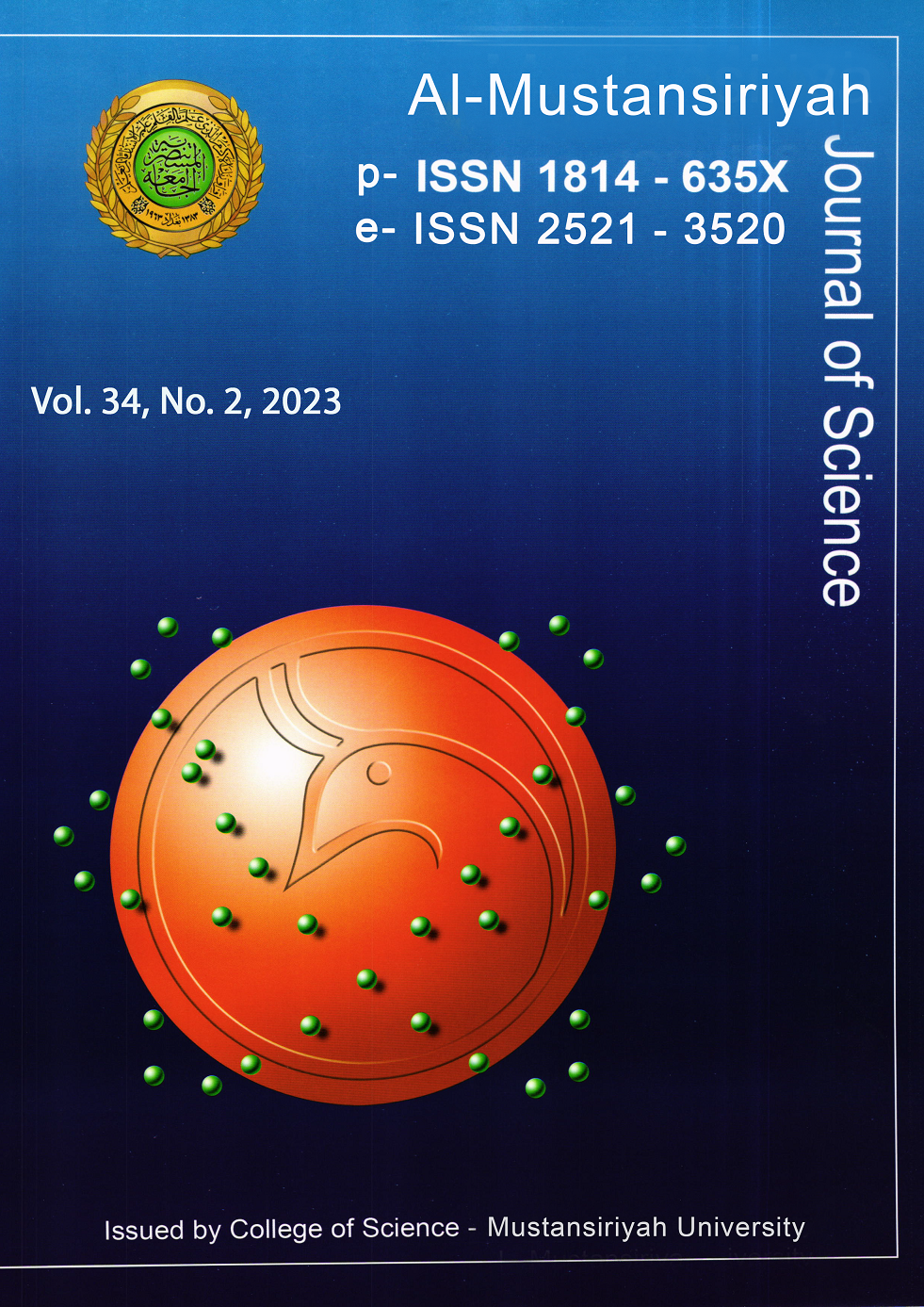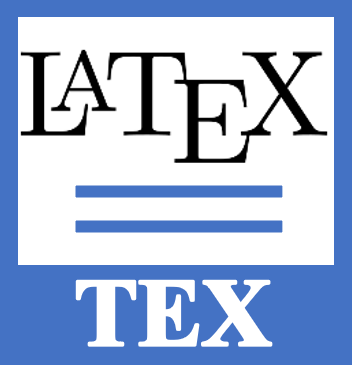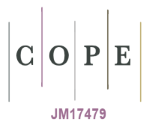Enhancement of ChatGPT using API Wrappers Techniques
DOI:
https://doi.org/10.23851/mjs.v34i2.1350Keywords:
API wrappers, ChatGPT, GPT-3, OpenAI, HTTP requestsAbstract
This study looks at how API (Application Programming Interface) wrapper technology can make it easier to use complex functions by putting together a lot of API calls. These packages have non-real-time interfaces that are hard to use. ChatGPT is a chatbot-specific GPT-3 language paradigm. It lets developers create chatbots that respond intelligently to natural language user input, creating a more engaging user experience. This article shows that ChatGPT, Python, and API wrapper technology may be used to develop a smart chatbot. We show how to use the OpenAI API library to add ChatGPT to Python programs. This makes it easier for developers to make chatbots that sound and act more like real people when they talk. Our contribution to this field is showing that it is possible to make smart chatbots with ChatGPT and API wrapper technology. To reach this goal, we use a system that combines the OpenAI API with ChatGPT and Python. This gives us valuable information about how to make smart chatbots. The efficiency of the system has been tested many times while applying it to different environments, and the results are satisfactory.
Received: 19/03/2023
Revised: 24/04/2023
Accepted: 27/04/2023
Downloads
References
T. T. Bartolomei, K. Czarnecki, and R. Lämmel, "Swing to SWT and back: Patterns for API migration by wrapping," in 2010 IEEE International Conference on Software Maintenance, 2010, pp. 1-10: IEEE.
H. Zhong and H. Mei, "An empirical study on API usages," IEEE Transactions on Software Engineering, vol. 45, no. 4, pp. 319-334, 2017.
J. Rudolph, S. Tan, and S. Tan, "ChatGPT: Bullshit spewer or the end of traditional assessments in higher education?," Journal of Applied Learning Teaching, vol. 6, no. 1, 2023.
E. A. van Dis, J. Bollen, W. Zuidema, R. van Rooij, and C. L. Bockting, "ChatGPT: five priorities for research," Nature, vol. 614, no. 7947, pp. 224-226, 2023.
A. H. Ali, M. G. Yaseen, M. Aljanabi, and S. A. Abed, "Transfer Learning: A New Promising Techniques," Mesopotamian Journal of Big Data, vol. 2023, pp. 31-32, 2023.
M. Dowling and B. Lucey, "ChatGPT for (finance) research: The Bananarama conjecture," Finance Research Letters, p. 103662, 2023.
V. Taecharungroj, ""What Can ChatGPT Do?" Analyzing Early Reactions to the Innovative AI Chatbot on Twitter," Big Data Cognitive Computing, vol. 7, no. 1, p. 35, 2023.
F. Huang, H. Kwak, and J. An, "Is ChatGPT better than Human Annotators? Potential and Limitations of ChatGPT in Explaining Implicit Hate Speech," arXiv preprint arXiv:.07736, 2023.
A. Kuzdeuov, S. Nurgaliyev, and H. A. Varol, "ChatGPT for Visually Impaired and Blind," TechRxiv, 2023.
H. A. Dida, D. Chakravarthy, and F. Rabbi, "ChatGPT and Big Data: Enhancing Text-to-Speech Conversion," Mesopotamian Journal of Big Data, vol. 2023, pp. 33-37, 2023.
Downloads
Key Dates
Published
Issue
Section
License
Copyright (c) 2023 Al-Mustansiriyah Journal of Science

This work is licensed under a Creative Commons Attribution-NonCommercial 4.0 International License.
(Starting May 5, 2024) Authors retain copyright and grant the journal right of first publication with the work simultaneously licensed under a Creative Commons Attribution (CC-BY) 4.0 License that allows others to share the work with an acknowledgement of the work’s authorship and initial publication in this journal.






















